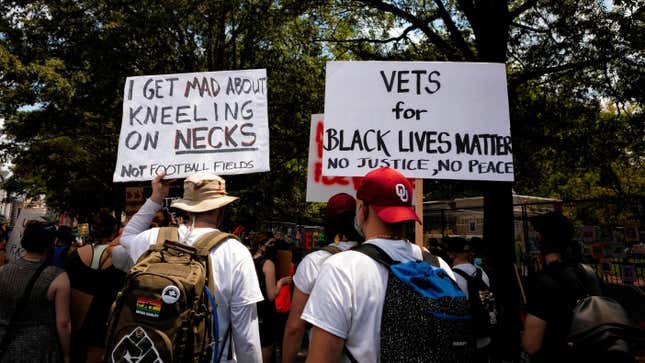
According to data gathered by the Department of Veterans Affairs, Black veterans who apply for either mental health or physical benefits are more unlikely to get them compared to white veterans.
The VA tracks this type of information going back to fiscal year 2017, which has shown year after year white veterans receive a higher grant rate than their Black peers. In fiscal year 2023, 84.8% of Black veterans who applied for benefits were given assistance by the VA.
However, 89.4% of their white veterans received benefits when they applied. In response to these disturbing findings, the VA has started an Agency Equity Team which will try to decipher why these difference exist. VA Secretary Denis McDonough explained in a statement the importance of this initiative.
“At VA, it’s our mission to serve all Veterans, their families, caregivers, and survivors as well as they’ve served our country. This new Agency Equity Team will help us deliver on that promise. The team’s first order of business will be identifying any disparities in VA health care and benefits and eliminating them.”
VA press secretary Terrence Hayes insisted that the Agency Equity Team is “a unique opportunity” to help veterans who may have lost faith in the system. “They may have lost trust with VA because of those denials, but now we have a unique opportunity to bring them back into our health care system or to get them to re-apply to get the benefits that they earned,” Hayes said.
Despite the disparities, Black veterans who currently receive benefits is higher than white veterans because Black vets apply at a much higher rate. Almost half of the 3 million living Black veterans in the United States have applied for benefits as opposed to less than one-third of around 15.5 million white vets.
More than 36 percent of all Black veterans living today are the recipients of VA benefits, in comparison to 28.4% of white vets. The Agency Equity Team will also take a look at barriers faced by other marginalized folks, like tribal groups, women, LGBTQ+ and veterans who live in rural neighborhoods.

